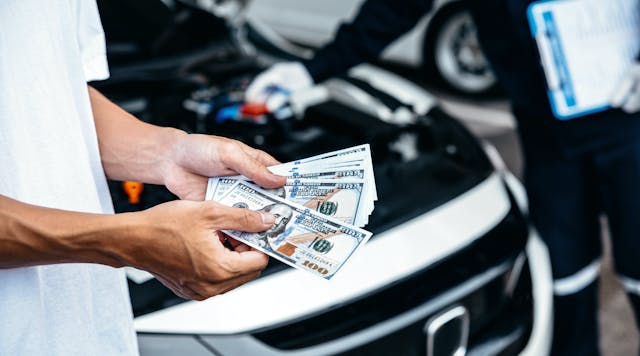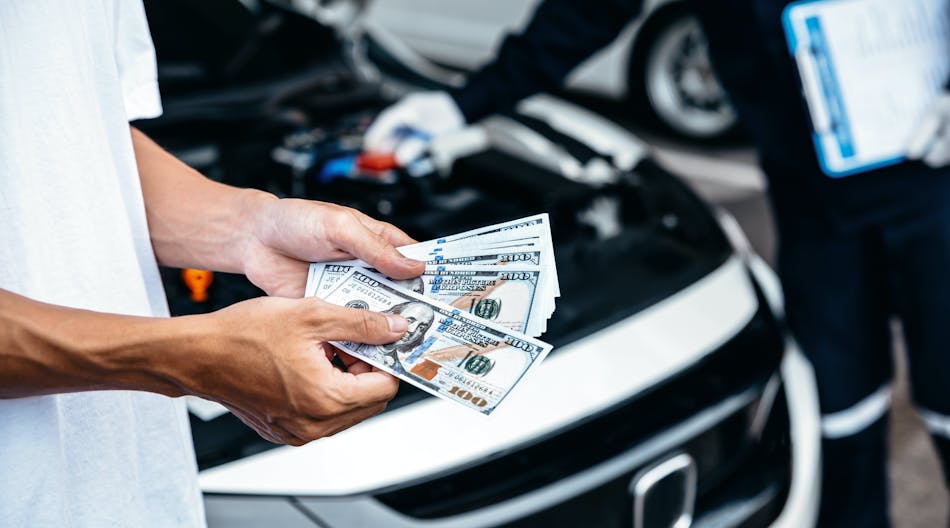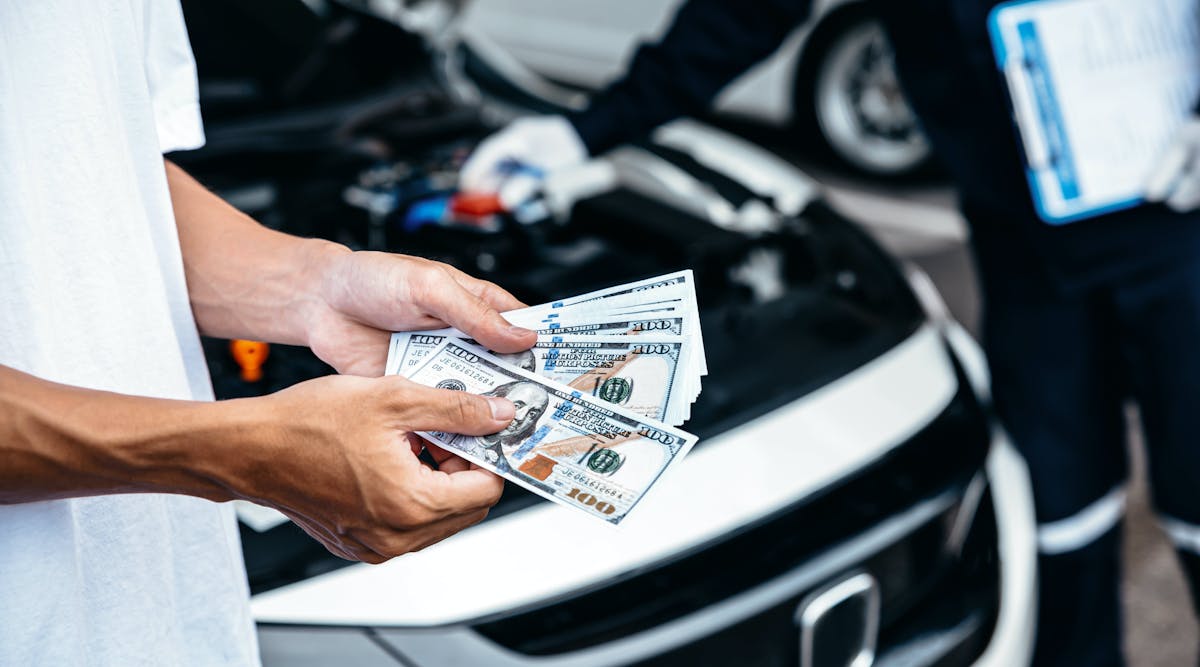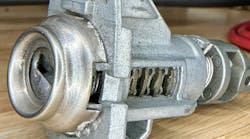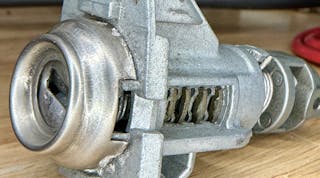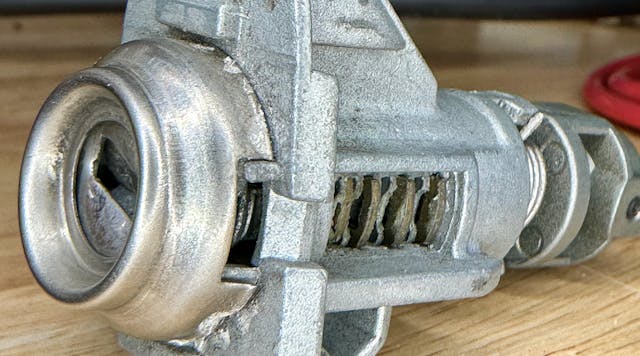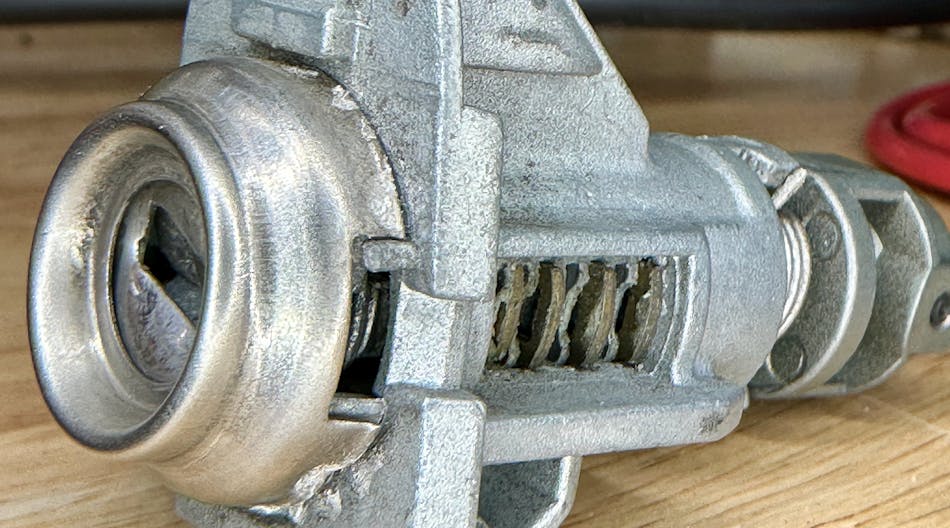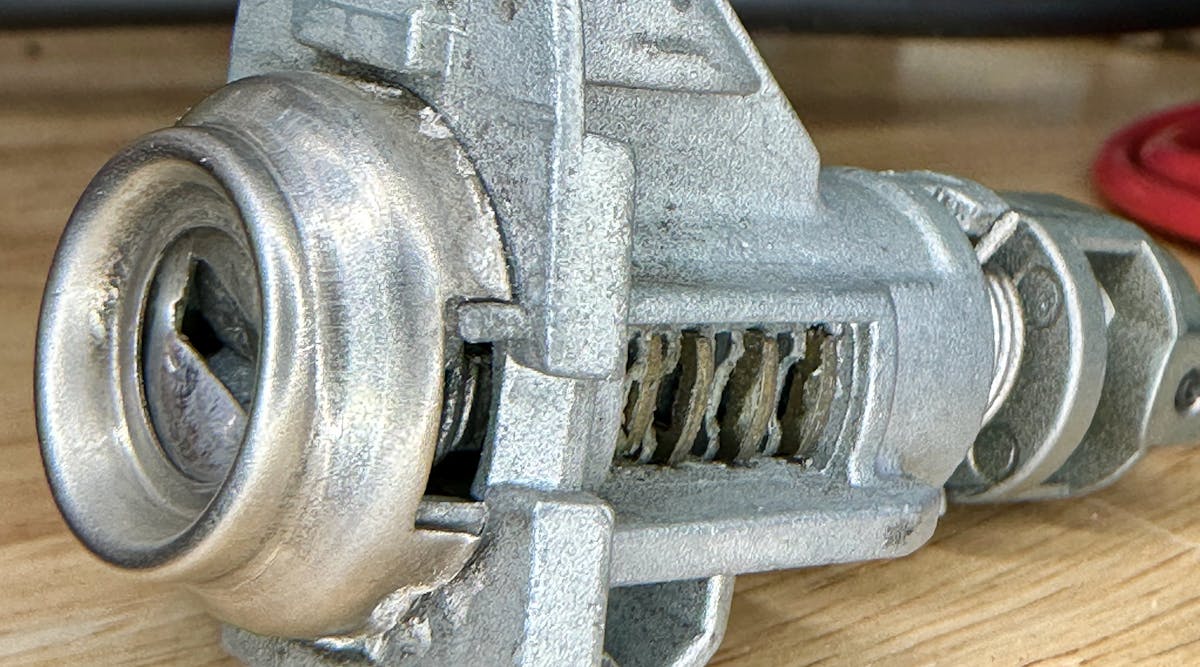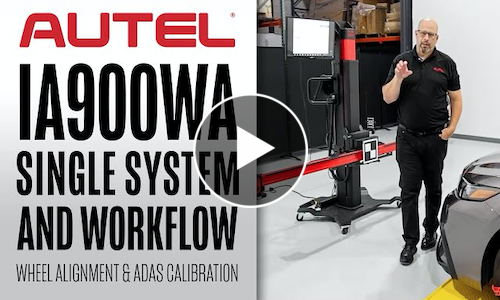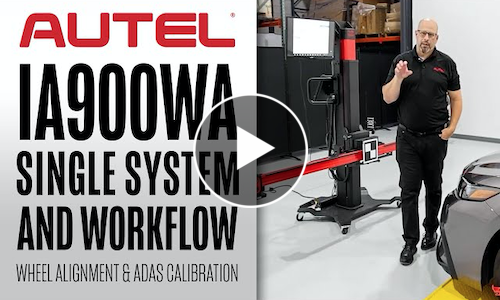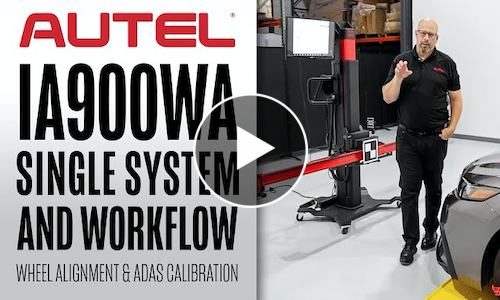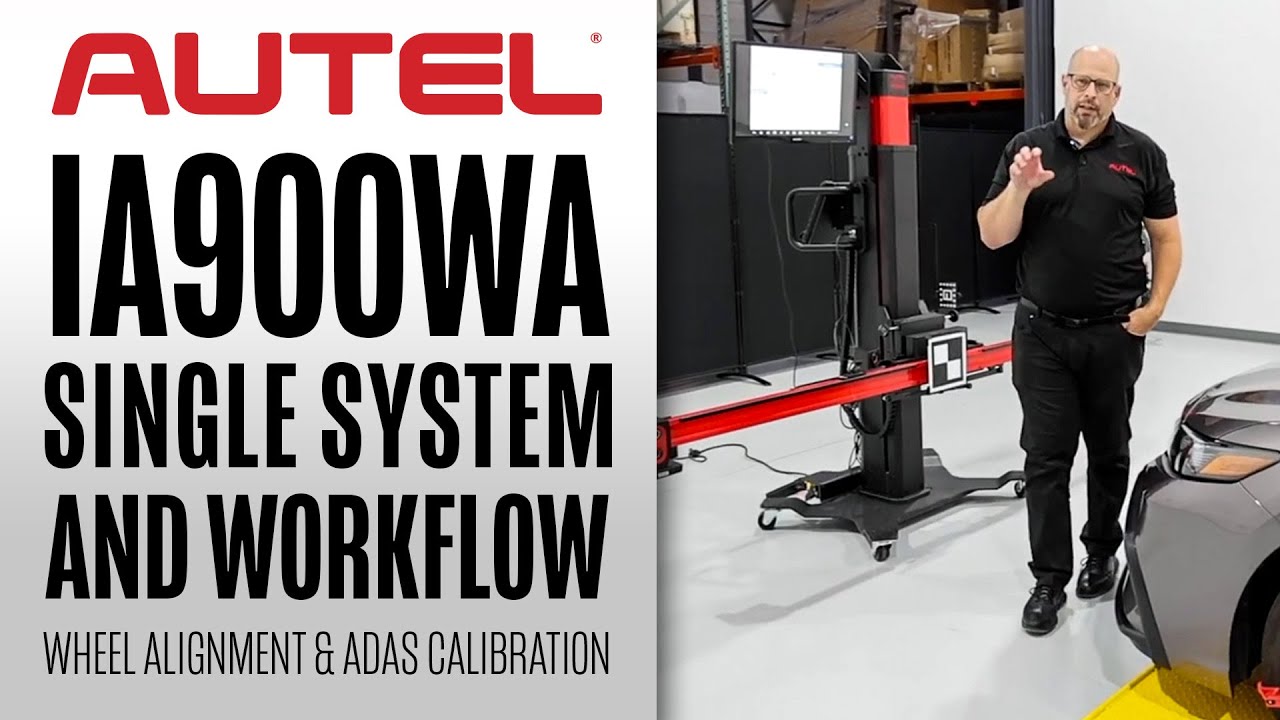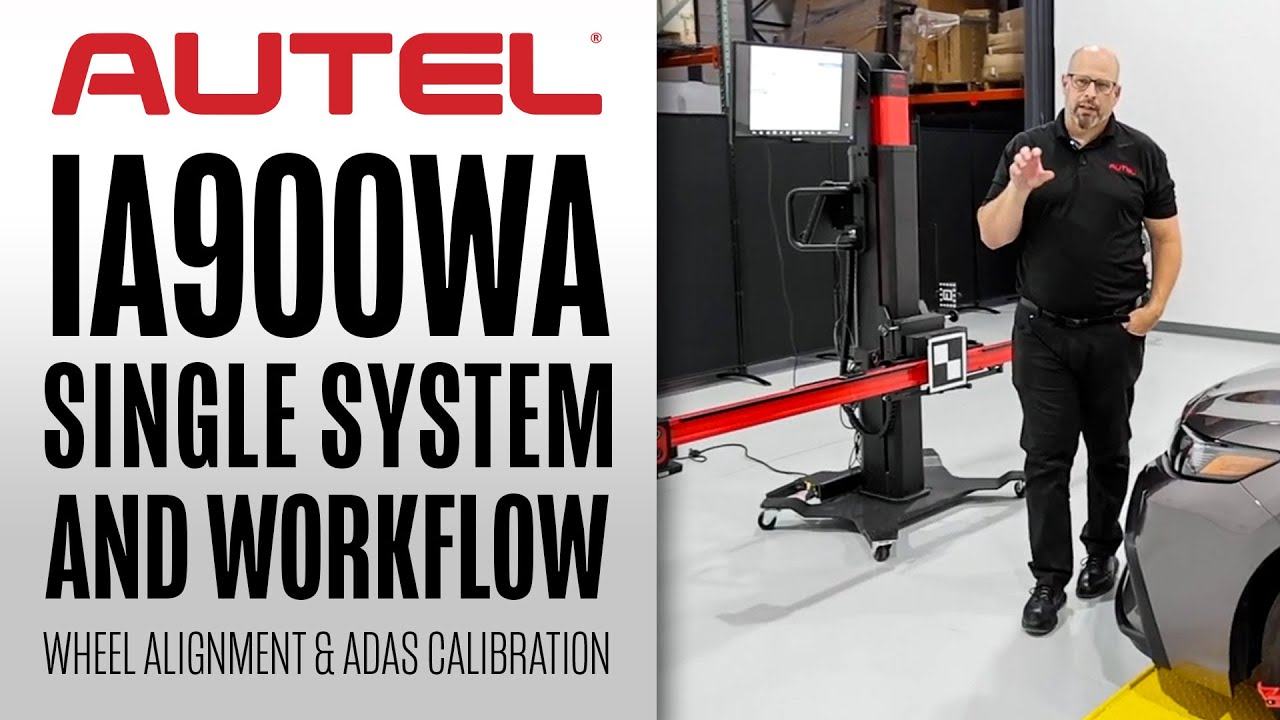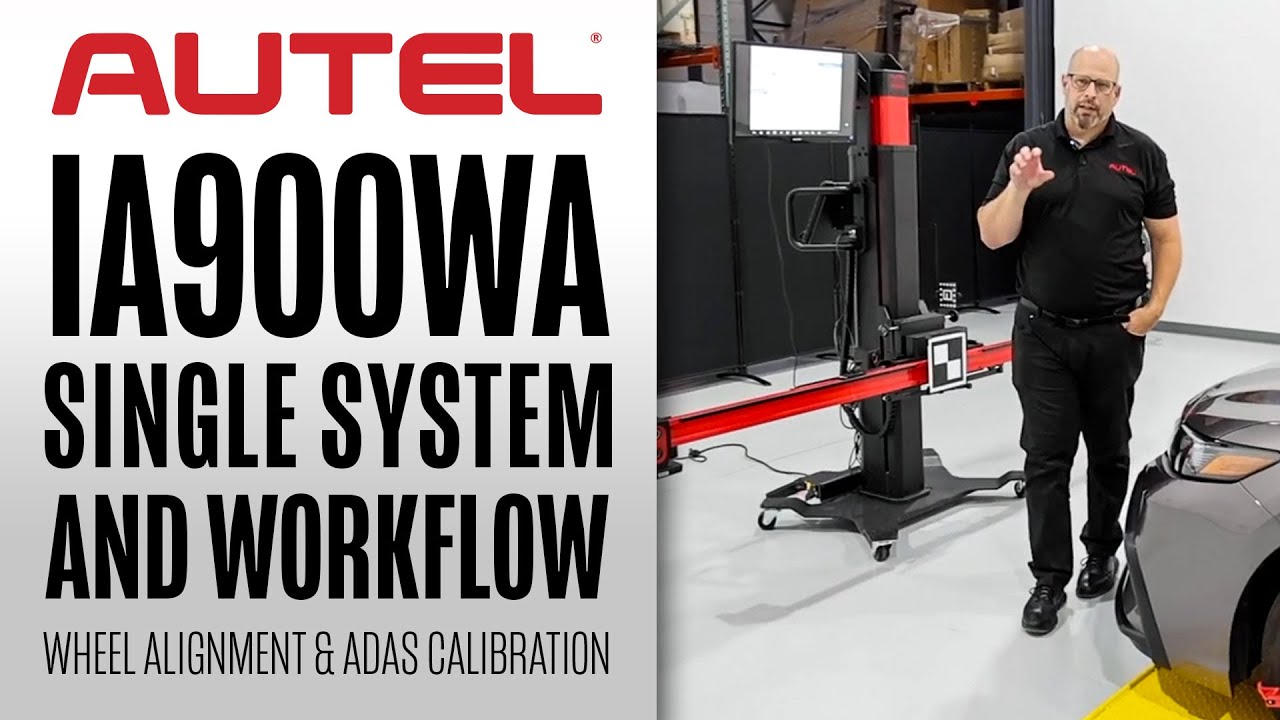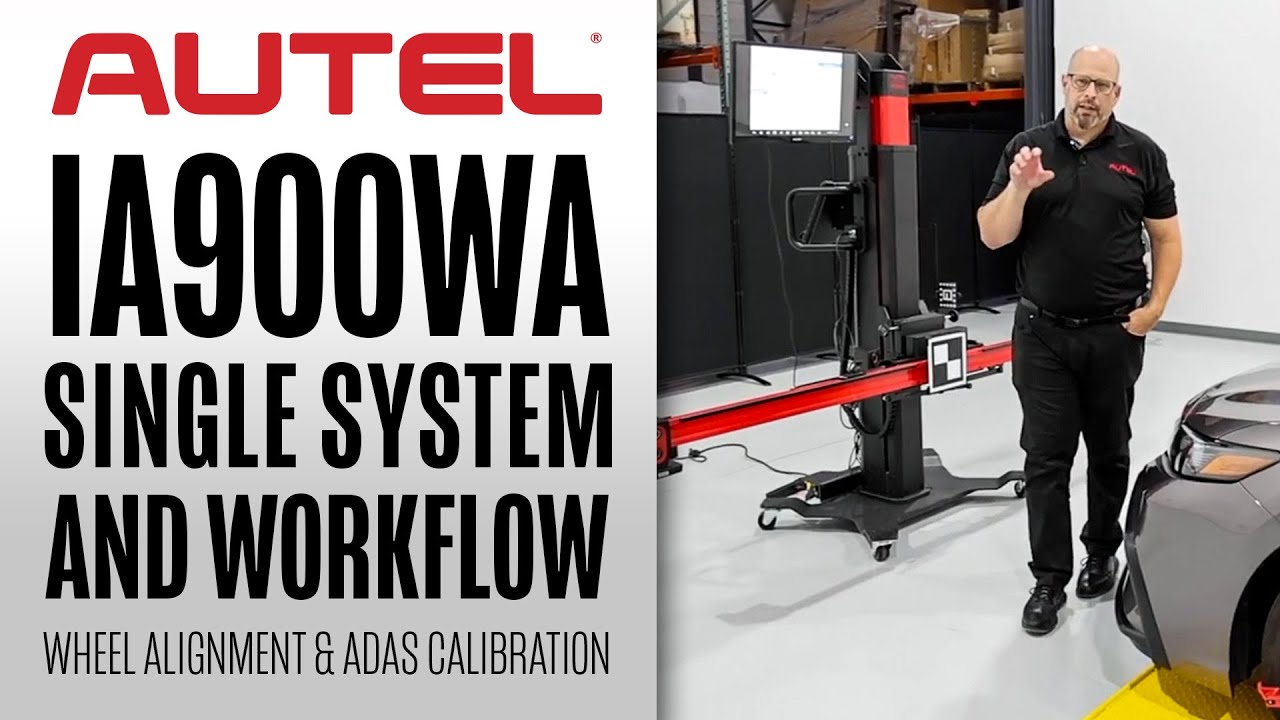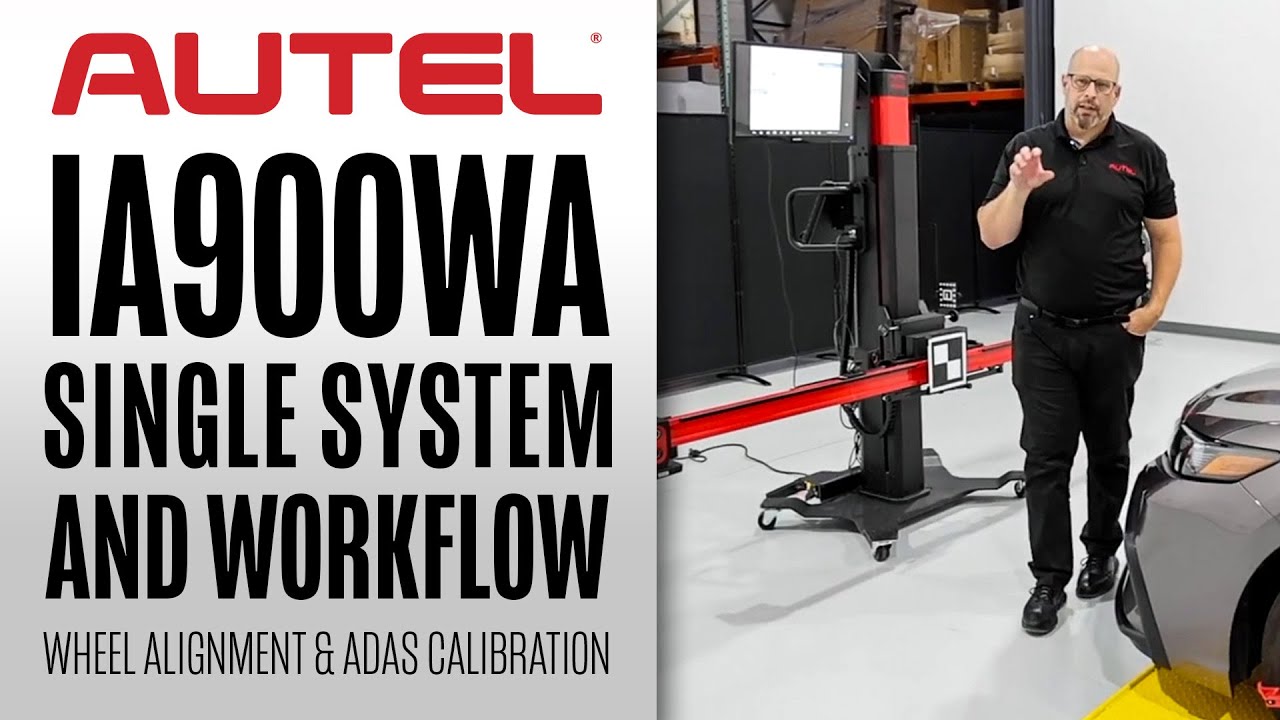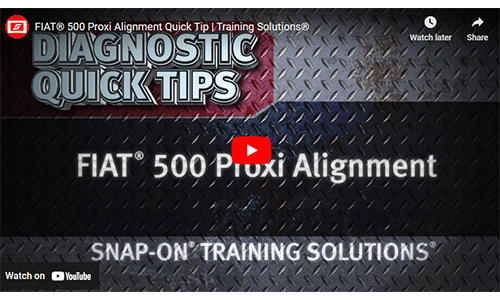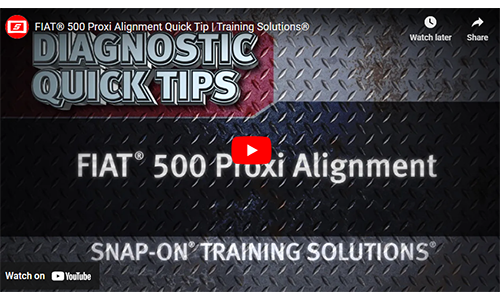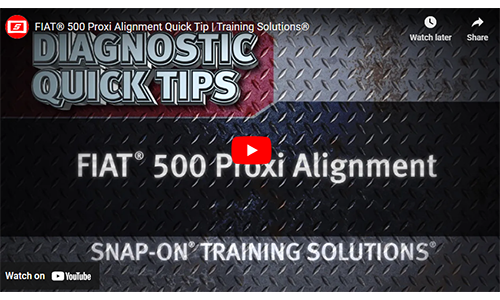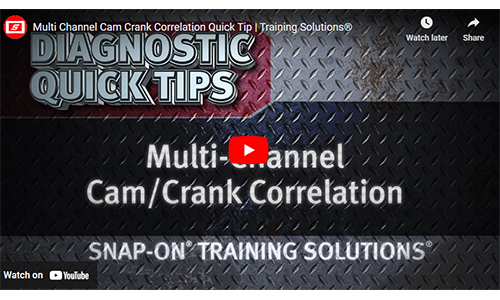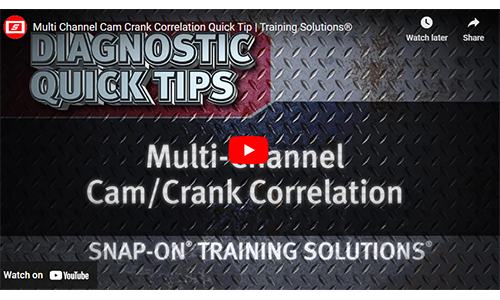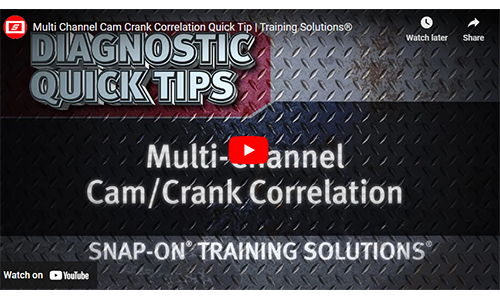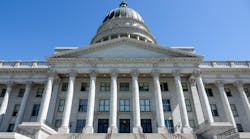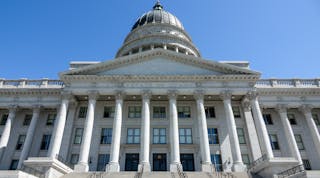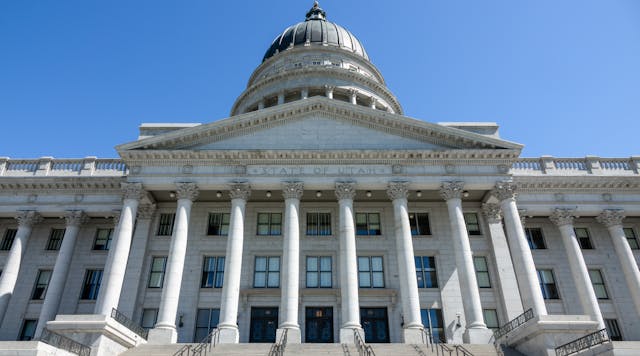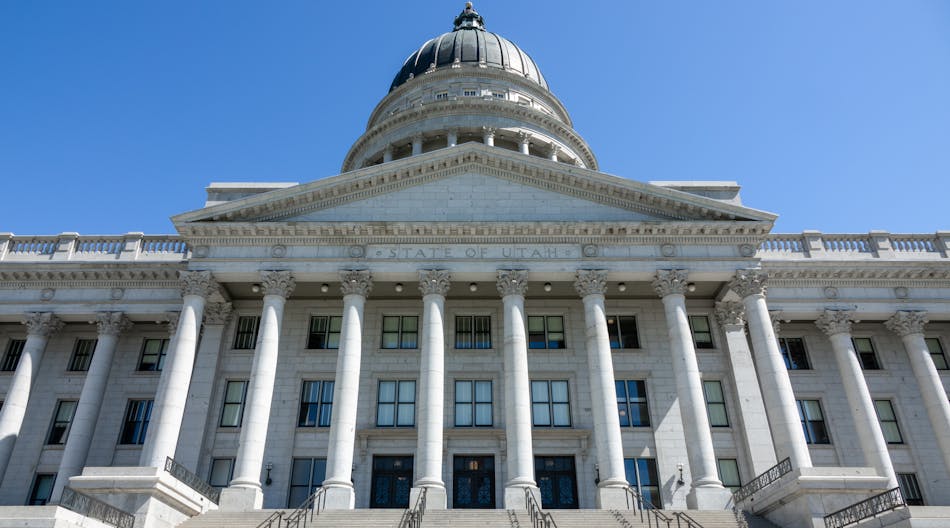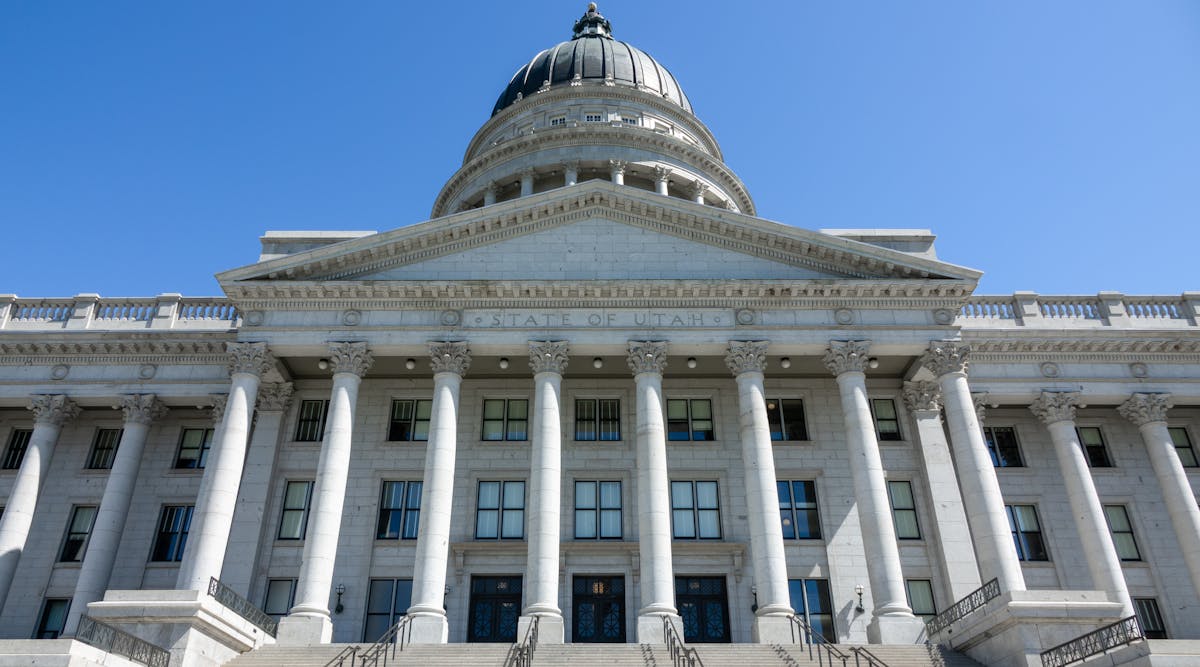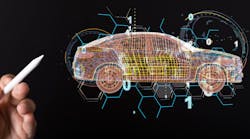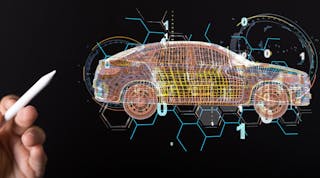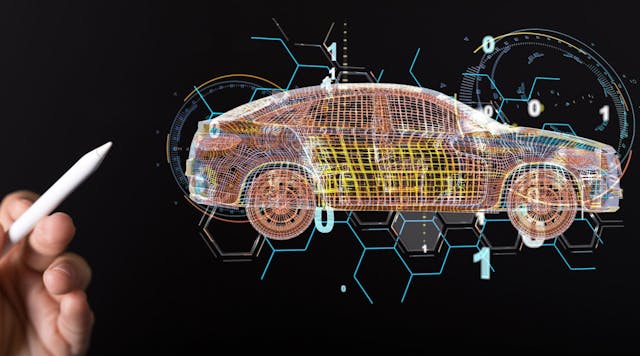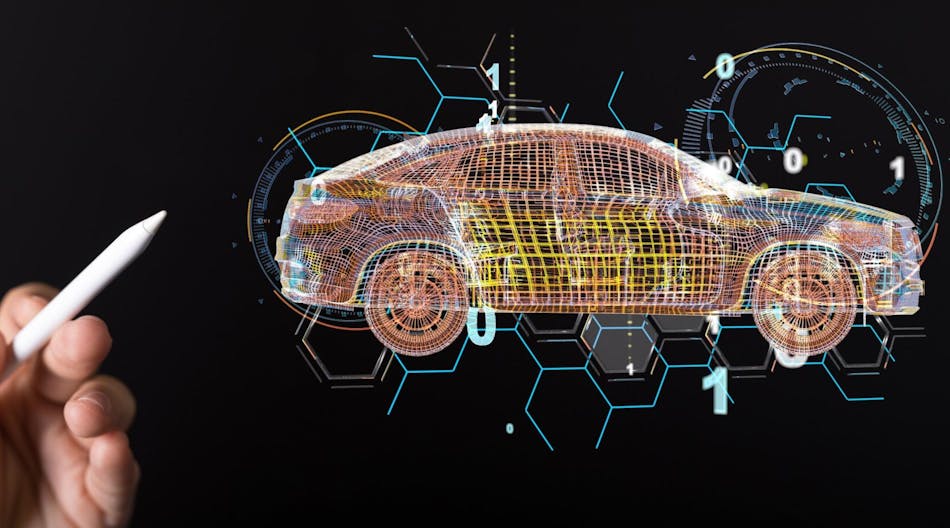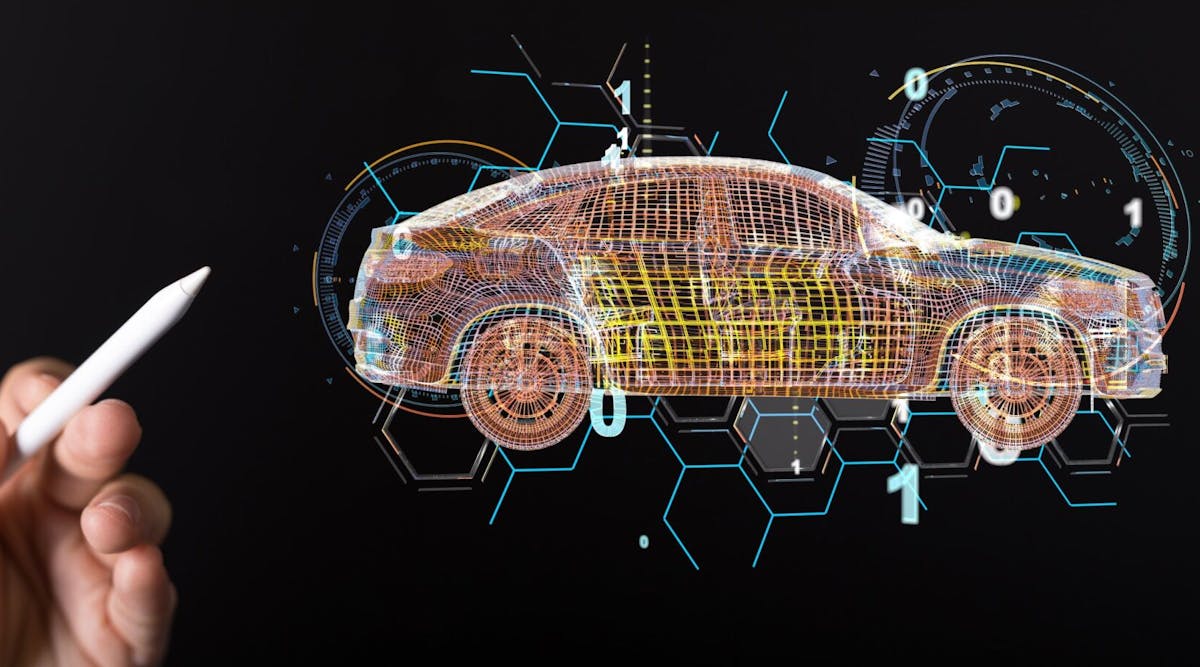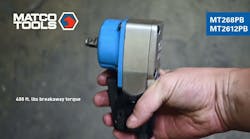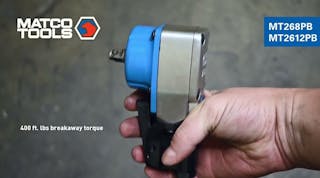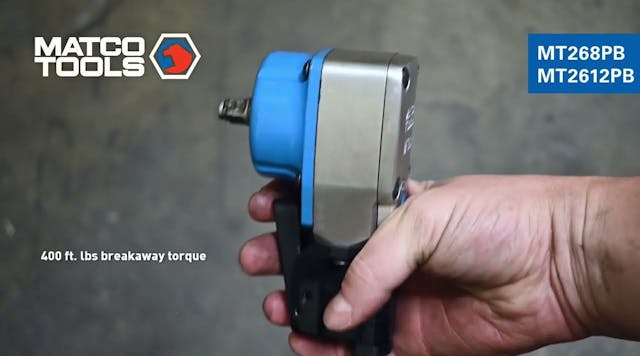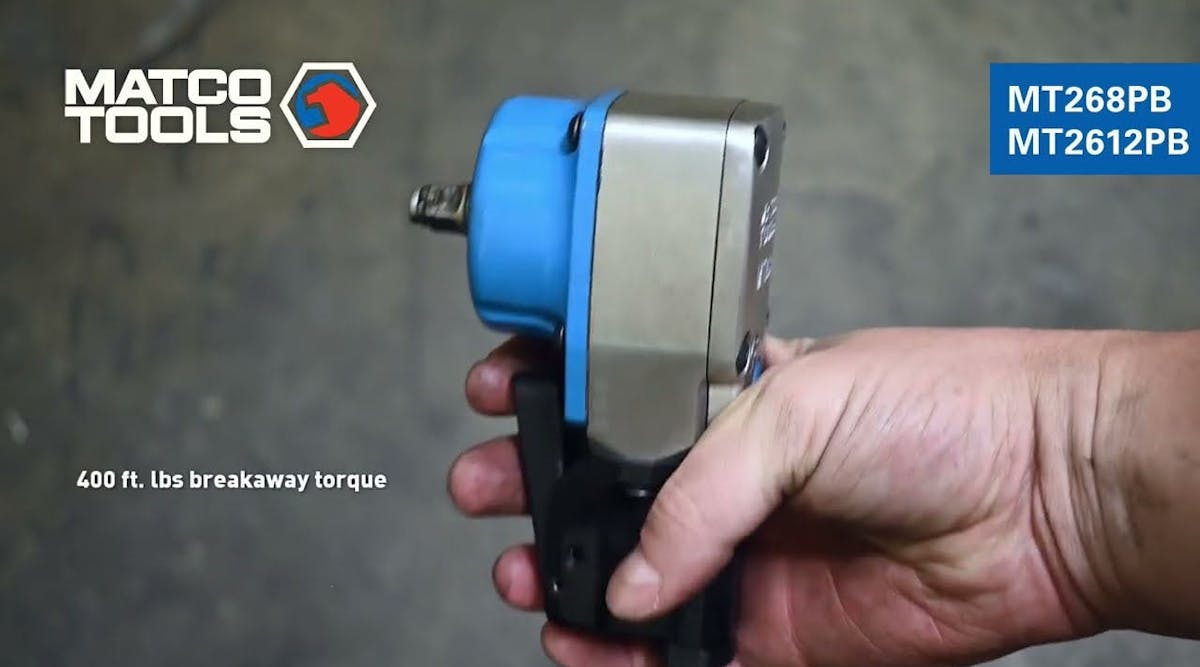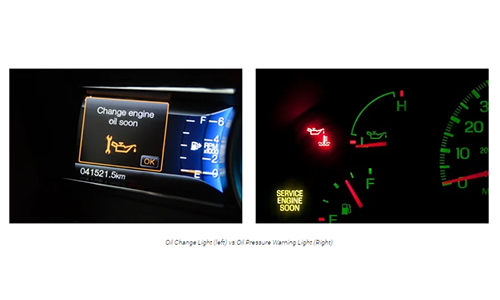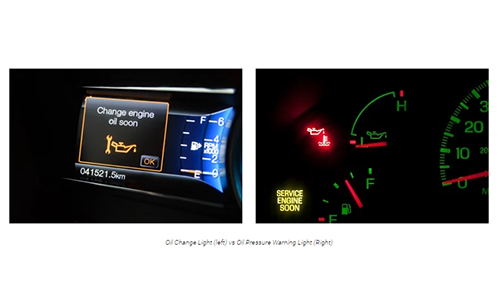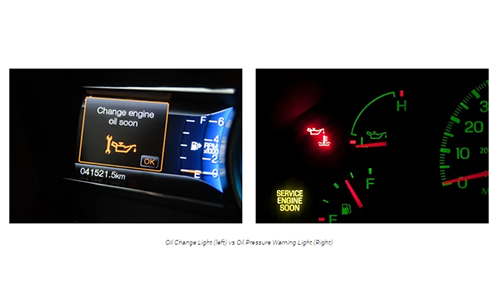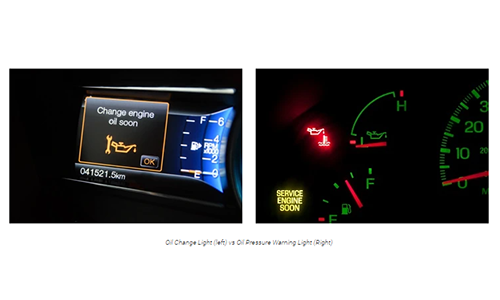The Automotive Service Association’s (ASA) efforts to protect the right to repair through vehicle data access over the past few decades have paid off. But that doesn’t mean these businesses had nothing to worry about. Up until recently, there was a fear among some independent repair shops that OEMs would use technologies – like telematics and electric motor powertrains – to circumvent their obligations in the future. A lack of access to vehicle data would prevent repairers from fixing their customers’ vehicles and force thousands of small businesses to permanently close.
ASA’s efforts to ensure a right to repair date back to the organization helping to place language in the 1990 Clean Air Act Amendments that assured independent shops access to the same emissions service information provided by OEMs to franchised car dealers. It also signed an agreement with automakers in 2002 stipulating that independent automotive repair shops would enjoy access to the same emissions and non-emissions service information provided to dealerships through OBD-II ports. Since then, the vehicles Americans drive have become increasingly sophisticated, and the rate of innovation is expected to only accelerate.
Agreement addresses telematics and other routes that access data
The advent of telematics and other technologies provides new routes to access diagnostic, service, and repair data. ASA considered both an internal auto industry solution and a legislative solution to make sure these innovations won’t be used to block independent repairers’ access. ASA and industry partners collaborated with Congressmen Buddy Carter (R-Georgia) and Darren Soto (D-Florida) to launch the bipartisan Vehicle Data Access Caucus. Just a few weeks ago, on July 11, 2023, ASA, the Society of Collision Repair Specialists, and the Alliance for Automotive Innovation (the trade association whose members manufacture 98 percent of the cars sold in the United States) announced that it had reached and signed an agreement.
Fundamentally, this agreement assures independent repairers that they’ll continue to have access to all the information and systems needed to diagnose and repair problems with their customers’ vehicles. It clearly stipulates that no technology, including telematics or powertrain, will be used to circumvent the right to repair. It also establishes a Vehicle Data Access Panel (VDAP) and a Data Access Working Group (DAWG). The VDAP will provide a technical channel through which parties can alert an OEM to noncompliance, and then find a remedy that returns them to compliance. The DAWG will meet at least annually to make updates to the agreement, as appropriate, based on its consideration of technological advancements that may alter the vehicle repair marketplace. The VDAP will meet at least twice each year. Previous agreements created similar bodies that swiftly rectified cases of noncompliance. This precedent instills confidence that VDAP will prove similarly effective.
ASA Board Chairman Benavidez testifies before Congress in Right to Repair hearing
ASA Board of Directors Chairman Scott Benavidez testified before Congress on July 18 for a hearing on the Right to Repair issue, at which he represented the independent repair community on the witness panel. He educated elected officials on the industry’s perspective and detailed how the July 11 agreement with automakers has resolved the automotive Right to Repair issue for independent repairers. He also explained how a bill under consideration – The SMART Act – could make cars less safe by allowing more aftermarket crash parts that don’t meet OEM part quality standards to inundate the market. His points were well received by the lawmakers. The members of the committee also devoted significant focus on phones, agricultural equipment, washing machines, medical devices, ice cream dispensers, and products other than cars. Witnesses and lawmakers provided numerous examples of how manufacturers of these other products have limited consumers’ and businesses’ ability to repair their possessions. Meanwhile, ASA’s foresight over the past few decades, as seen in securing access to service information, for example, provided them with few relevant examples to mention. The new agreement is expected to keep that pool of examples negligible.
Since reaching this Agreement, ASA has unveiled a new policy position on OEM Repair Procedures. The position statement, initiated by ASA’s Collision Operations Committee, sheds light on a systemic issue. Repairers are not compensated for time spent researching OEM repair procedures, even though this process is critical and necessary, while also often very time intensive. Their statement initiates an ASA campaign to ensure repairers receive full compensation for their labor. With the automotive Right to Repair issue resolved for the foreseeable future, ASA can devote more energy to tackling immediate problems that are top-of-mind to its members and repairers.


